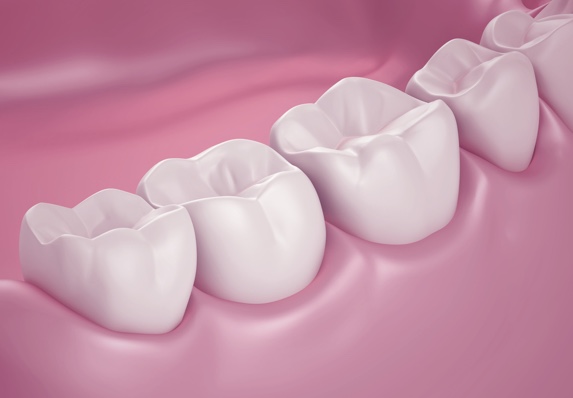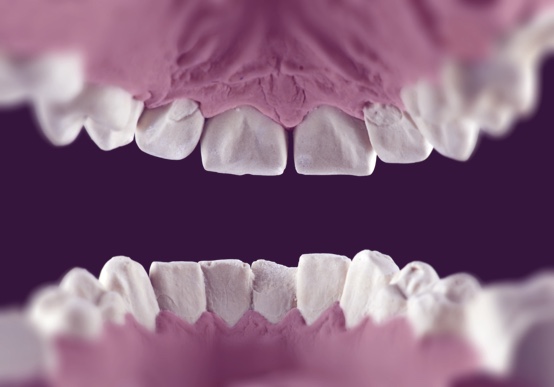Full mouth rehabilitation involves a complex number of restorative dentistry processes to restore, replace or rebuild all of the teeth in both the upper and lower jaws. This procedure is offered at Greenspoint Dental and may consist of dental implants, bridges,crowns and temporomandibular joint (TMJ) therapy.
It may be undertaken for a number of reasons, but it is usually a necessary treatment rather than purely a cosmetic one. For example, patients who have lost teeth because of injury, decay or bone loss, or who have teeth that have become badly worn because of tooth-grinding or acid reflux, or those who have occlusion (bite) problems resulting in tooth pain and tooth removal are the most likely candidates for full mouth rehabilitation.
Full mouth rehabilitation is an extensive and possibly invasive procedure, and is not to be undertaken lightly. The key to its success lies in planning, and our Greenspoint dentists will perform a full and thorough assessment and all necessary investigations to ensure it is the correct treatment option, as alternative choices may suit some patients better.

- Restores confidence and self-esteem in patients whose teeth, or lack of, were a source of embarrassment.
- Health benefits, such as tooth pain in patients with occlusion problems, and general overall improvement in oral health cannot be underestimated.
- Improving the structure and health of teeth and gums through full mouth reconstructions alleviate problems such as plaque, gingivitis and tooth decay, which cause unhealthy bacteria in the mouth, and lead to further medical problems.

The extent of tooth loss or damage, along with a detailed assessment of the patient’s mouth and jaw, will dictate what full mouth rehabilitation procedures are adopted. If the patient still has their own teeth then full mouth rehabilitation can be performed with a series of crowns and bridges, as these fit onto the existing teeth. Tooth removal gaps may also be fixed in this way, providing the teeth on either side of the gap are healthy enough to attach a crown to.
If there are multiple missing teeth or no teeth at all, the best option would be dental implant surgery. Dental implant surgery involves inserting titanium implants directly into the jaw bone with the top of the implant just protruding through the gum. The implant acts as a tooth root, and crowns and bridges can be attached directly and securely to the top of the implant, giving a permanent, fixed dentition.
Dental implant surgery may not be suitable for everyone, for example, a patient’s jawbone may not be wide enough to accommodate an implant, or they may have bone loss, in which case there is nothing to fix the implant into. These situations can be remedied with bone grafts. The treatment time may take up to around 12 months to complete in these cases, to allow adequate healing time for the bone graft to take.
Generally, Greenspoint Dental patients who have undergone full mouth rehabilitation are extremely pleased with the results and are happy to have their smiles restored. Contact Greenspoint Dental today to learn more about how a full mouth rehabilitation can help you.
Schedule an Appointment with us